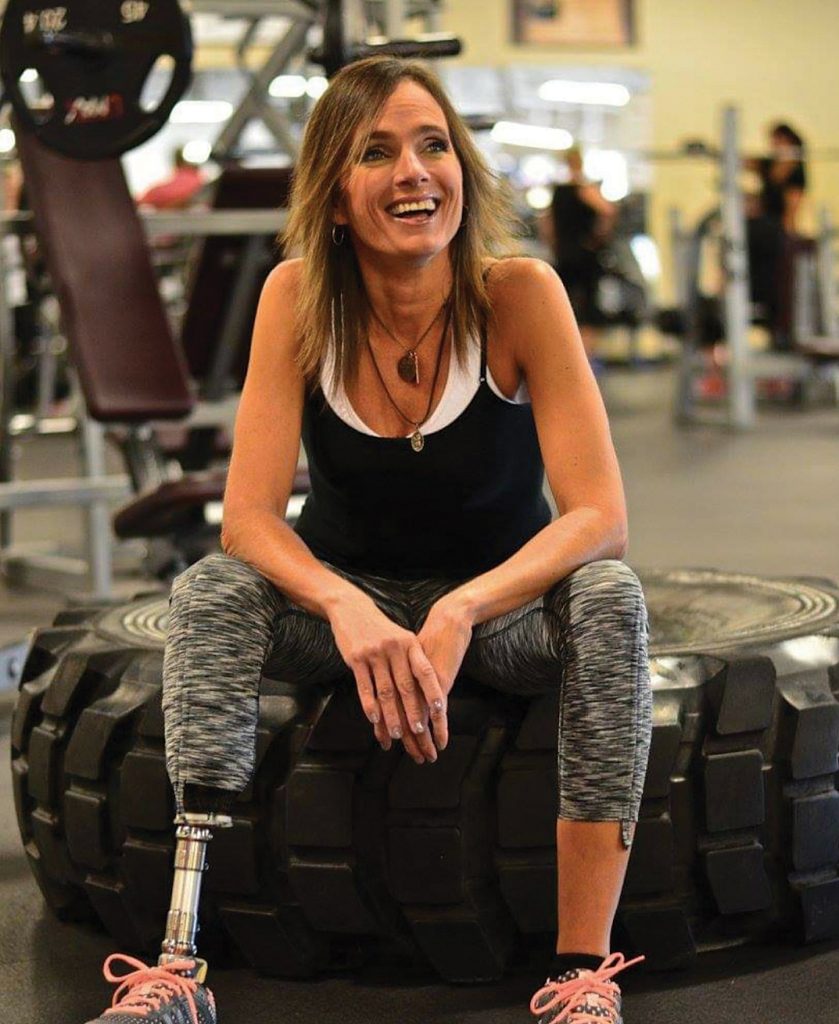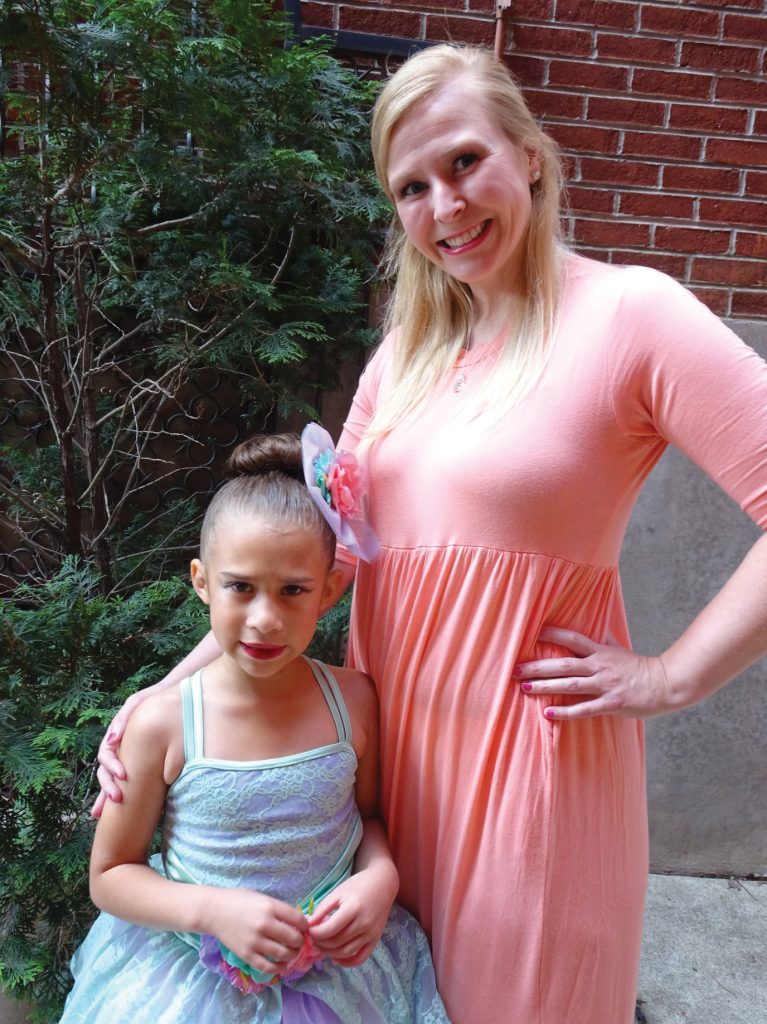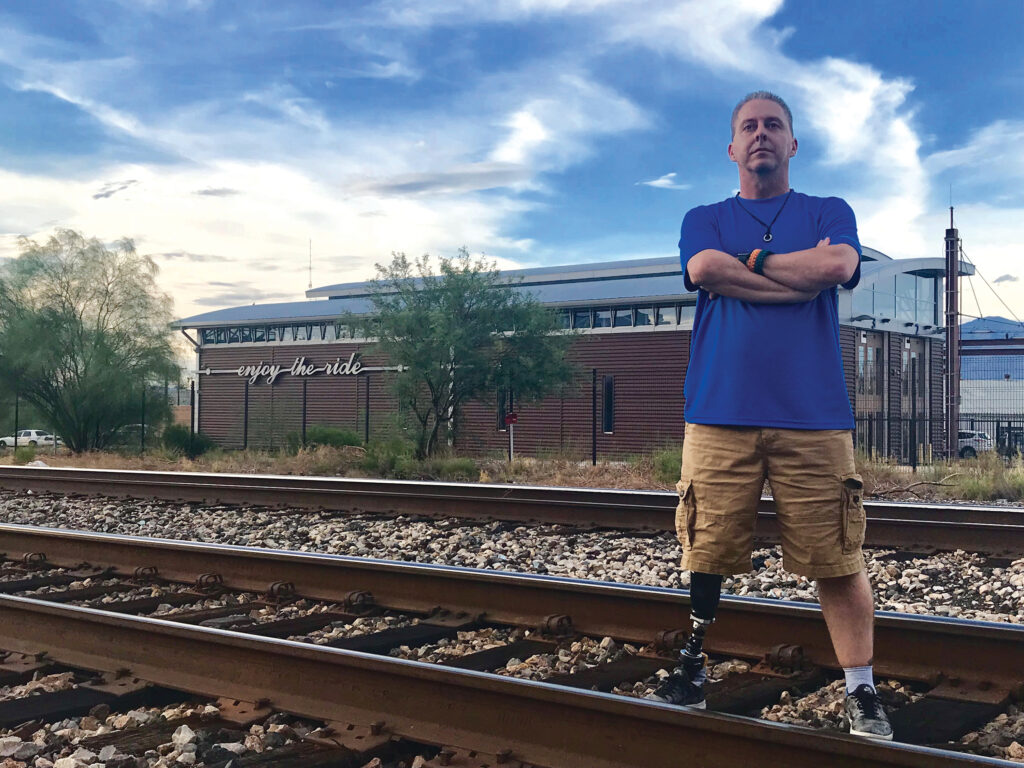By Erin Deegan Conner
Even amidst the pandemic, people will still need to resume their social life after an amputation—even if it is six feet apart. That first time seeing others after our amputation may bring up a slew of feelings, both positive and negative. While there is no guidebook on how to proceed, we can learn from other amputees’ stories.
Verona Morin Ducey recalls her feelings leading up to her first social gathering post-amputation at her daughter’s softball tournament. “I just wanted to get back to a new normal. I wanted to be out doing everything I did before.”

Ducey says she didn’t have any anxious feelings until she arrived at the softball tournament, where she began to worry that people would stare. Instead of stares, she was met with positivity. “I was more like a celebrity; all the girls and family surrounded me. Lots of hugs and smiles.”
People asked Ducey questions about her amputation, which she says did not bother her. “I was very at ease with just explaining where I was in the process and sometimes went ahead and explained things thinking it would make them feel more comfortable, in case they just did not know what to say to someone who just lost a leg. I felt like they were probably more nervous than me.”
Ducey says she felt more embarrassment for her children than for herself. “I guess I was worried how they felt with friends.” However, she soon realized she need not worry. “None of them cared, and they make jokes all the time.” They even came up with a nickname for her leg and created T-shirts to wear at future softball events.
Krystal Holmes recalls having many visitors after her amputation, which was due to a car accident. “I had people in and out constantly when I was in the hospital. They were lined up outside my room just to check on me. Even when I went home, people came to my house.” Her first social outing was going out to eat with friends before she had her prosthetic leg. She says she did not feel nervous or anxious at all and just wanted to get back to normal.
Holmes notes that having a great support system helped her feel at ease, even upon returning to college. She says it was helpful that people already knew what had happened to her. “Everyone knew. They formed a prayer circle with candles around my dorm the night of the wreck.”

While Holmes encounter-ed a couple of difficult indivi-duals when she returned to college, most people were nice, some going out of their way to apologize for how they had treated her in the past. “I’ve found most people are friendly—just curious as to what happened. Don’t be scared to share your story. God has you here for a reason.” Now, as a teacher, she tells her students her story each year. “I tell them I could have given up, but I choose to do something.”
Mark “Marky5Toes” Ferrell, who lost his leg after an accident with a train, remembers having friends visit at the hospital and at home after his amputation, but the first real gathering was at a benefit concert. Leading up to the concert, Ferrell says he did not feel nervous at all; instead, he felt excitement. He explains that he had been in the hospital and rehabilitation for months leading up to the concert, so having an event to go to felt good. “It was a getting-back-to-normal kind of thing.”
Ferrell did notice that people treated him differently, though not necessarily in a bad way. “I noticed a sort of ‘wait and see’ approach. People in my circle usually seemed to sort of stand back and see how I acted or reacted, and then they used that as a basis for how to act around me.”
“I was so excited to be brought back, to have a second go-around…that I honestly could not have cared less about my leg or other injuries. I was just happy to be alive, and I think people fed off that. So, I think it made it easier for them to relax around me.”
Ferrell says humor played a part in his recovery and in feeling more comfortable around others. “When I woke up in the hospital after all the emergency surgeries, etcetera, the first thing I said to my doc was a joke.” Ferrell says his doctor asked him how he felt, and his response was to dramatically state, “I feel like I’ve been hit by a train.” He also said his sister bought him a train whistle, which he would blow every time he needed to use his wheelchair.

Though each individual has a different story, there are many similarities to how they felt re-entering social life. While you can learn from other amputees’ experiences, your own experience may be different, and it is up to you to determine how you will deal with such situations.
Ferrell offers this advice for new amputees getting ready to meet people socially for the first time after an amputation: “Others don’t care nearly as much as you will almost certainly assume they do. Just be yourself, and understand that others are not nearly as critical of you as you are of yourself.”
TOP IMAGE: lizaelesina/stock.adobe.com



